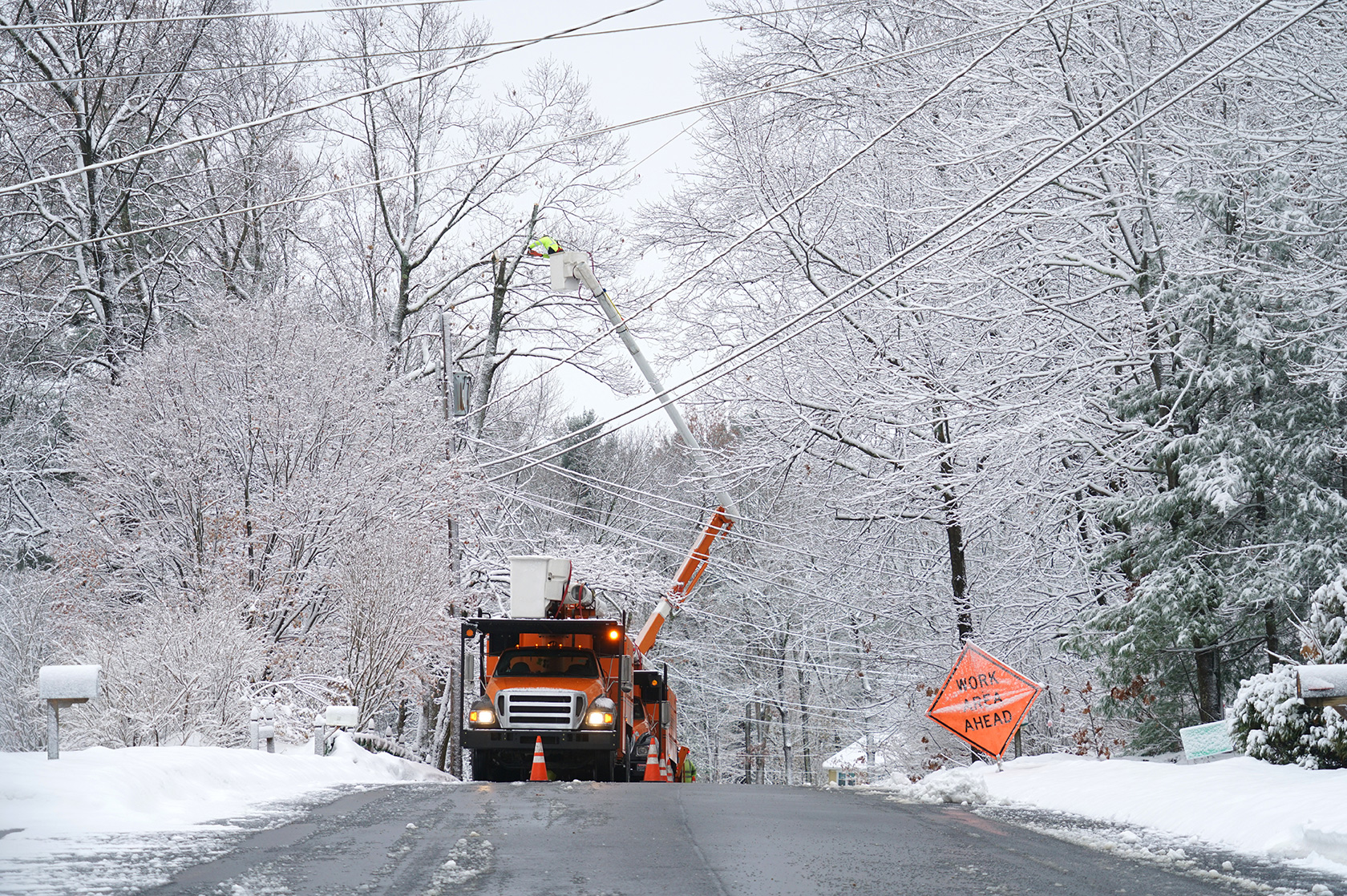Key Facts:
- Six counties in Michigan’s Upper Peninsula will see major improvements in high-speed internet access thanks to a $34.5 million grant from the U.S. Department of Agriculture’s ReConnect Loan and Grant Program.
- The grant to Upper Peninsula Telephone Company will connect 1,625 people, 69 farms, and 40 businesses in Dickinson, Luce, Mackinac, Marquette, Menominee and Ontonagon counties to a fiber-to-the-premises network with download speeds of at least 100 Mbps.
- Private companies are often reluctant to expand broadband services to rural areas due to the expense involved in connecting diffuse populations in remote areas. The ReConnect program is designed to address this – awarding almost $120 million in loans, grants, and loan-grant combinations to rural communities in Michigan in 2022 and 2023.
Several counties in Michigan’s Upper Peninsula are slated to get high-speed internet in a region where over a third of the homes, farms, and businesses currently have no service. The Upper Peninsula Telephone Company (UPTC) received a $34.5 million grant under the U.S. Department of Agriculture’s ReConnect Program to connect 1,625 people, 69 farms, and 40 businesses in Dickinson, Luce, Mackinac, Marquette, Menominee and Ontonagon counties. Except for Marquette, all of these counties have more than 40 percent of locations with no high-speed internet access at all. Lack of access to high-speed internet has a wide range of negative impacts on the local community, including:
- Reducing opportunities for economic expansion.
- Creating a competitive disadvantage for existing businesses.
- Limiting resources available to hospitals and other medical facilities.
- Harming the education of young people
Announcing the grants, U.S. Secretary of Agriculture Tom Vilsack said, “People living in rural towns across the nation need high-speed internet to run their businesses, go to school and connect with their loved ones.” USDA Michigan State Director Brandon Fewins pointed out how the COVID-19 made the program even more critical. “This has been building, but the pandemic really accelerated and highlighted the gaps that we have,” he said. Fewins also highlighted the local impact of the program, saying, “At the end of the day we live in a global economy and delivering broadband to our rural communities will give them the resources they need for economic development and be competitive anywhere in the state. This will enhance educational opportunities and ensure our residents have access to needed telemedicine.” Telecommunications companies are often reluctant to expand broadband services to rural areas due to the expense involved in connecting diffuse populations in remote areas, making programs like this essential. Funding is provided through the U.S. Department of Agriculture (USDA) ReConnect Loan and Grant Program in part through the Biden-Harris infrastructure law and designed to “facilitate broadband deployment in areas of rural America that currently do not have sufficient access to broadband.” In 2022 and 2023, the program awarded $120 million in loans, grants, and loan-grant combinations to communities in Michigan. UPTC will use the grant funding to deploy a fiber-to-the-premises network and will make high-speed internet affordable by participating in the FCC’s Affordable Connectivity and the Lifeline programs. According to the Detroit News, the projects will be completed within five years. The Biden-Harris administration has announced investments of over $2 billion for 107 projects since 2021 that will expand access to high-speed broadband to more than 300,000 people nationwide.





